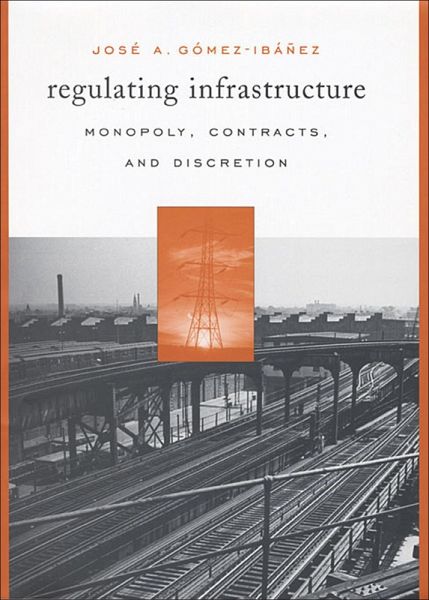
Regulating Infrastructure (eBook, ePUB)
Monopoly, Contracts, and Discretion

PAYBACK Punkte
7 °P sammeln!
This wide-ranging study of urban infrastructure " offers a series of fascinating arguments" in favor of market-oriented approaches to regulation ( Times Higher Education Supplement). In the 1980s and '90s, many countries turned to the private sector to provide infrastructure and utilities-such as gas, telephones, and highways-with the idea that market-based incentives would control costs and improve the quality of essential services. But high-profile failures have since raised troubling questions about privatization. This book addresses one of the most vexing of these: how can government fair...
This wide-ranging study of urban infrastructure " offers a series of fascinating arguments" in favor of market-oriented approaches to regulation ( Times Higher Education Supplement). In the 1980s and '90s, many countries turned to the private sector to provide infrastructure and utilities-such as gas, telephones, and highways-with the idea that market-based incentives would control costs and improve the quality of essential services. But high-profile failures have since raised troubling questions about privatization. This book addresses one of the most vexing of these: how can government fairly and effectively regulate "natural monopolies"-those infrastructure and utility services whose technologies make competition impractical? Mapping out various approaches to regulation, José Gómez-Ibáñez draws on a wealth of case studies, as well as history, politics, and economics. He makes a strong case for favoring market-oriented and contractual approaches over those that grant more discretion to government regulators. He shows how contracts can provide stronger protection for infrastructure customers and suppliers-and greater opportunities to tailor services to their mutual advantage. At the same time, he highlights scenarios where alternative schemes may be needed.













